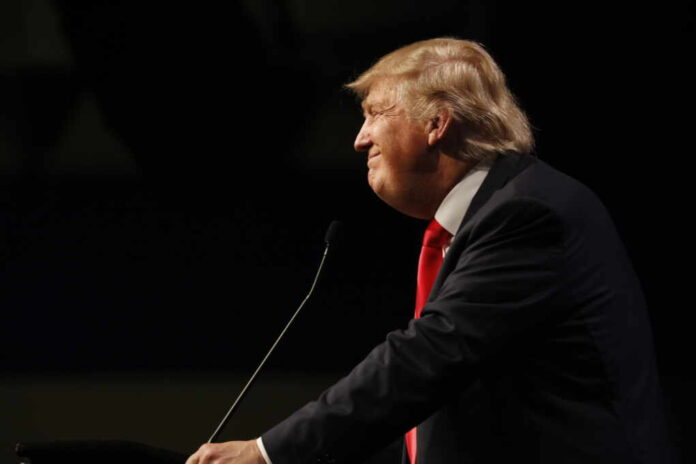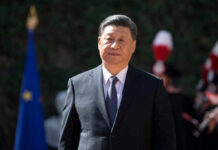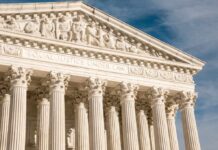
On Monday, a Colorado court commenced its proceedings, listening to the initial arguments to decide whether the state has the authority to invoke the “insurrection” clause of the 14th Amendment to prevent former President Donald Trump from being included on its 2024 presidential election ballots.
In his opening statement, Eric Olson, an attorney representing Citizens for Responsibility and Ethics in Washington (CREW), said, “Trump incited a violent mob to attack our Capitol, to stop the peaceful transition of power.”
In September, CREW initiated a lawsuit aiming to eliminate Trump from the Colorado ballot by invoking the 14th Amendment. Their case alleged that the former president had transgressed Section 3 of the 14th Amendment, which prohibits individuals from seeking office if they previously took an oath of office and subsequently “engaged in insurrection or rebellion against the same, or given aid or comfort to the enemies thereof.”
The organization contends that this clause in the Constitution should disqualify the top Republican candidate from the upcoming presidential election due to his alleged involvement in an “insurrection” against the United States. They claim he “incited a violent mob” in Washington, D.C., on January 6, 2021.
Prior to the crowd’s entry into the nation’s capital, Trump delivered a speech at the Ellipse on January 6. At a certain moment in his speech, the former president stated, “I know that everyone here will soon be marching over to the Capitol building to peacefully and patriotically make your voices heard.”
However, despite Trump’s legal team asserting that these words did not amount to an incitement to violence, Olson contended that the former president “summoned and organized the mob” to breach the U.S. Capitol.
Olson argued, “We are here because Trump claims, after all that, that he has the right to be president again. But our Constitution, the shared charter of our nation, says he cannot do so.”
🚨BREAKING: I'm honored to announce I will be serving as a fact witness for President Trump's defense in the 14th Amendment removal sham trial in Colorado.
I was at the doors on January 6, face to face with protestors, and I know firsthand there was NO INSURRECTION.
This sham…
— Congressman Troy E. Nehls (@RepTroyNehls) October 31, 2023
Scott Gessler, an attorney representing Trump, rejected the accusation against the former president, stating that disqualifying Trump from the upcoming election would establish a concerning precedent rooted in “legal theories that have never been embraced by a state or federal court.”
Gessler, a former Colorado secretary of state, described the lawsuit as “anti-democratic” and cited the “rule of democracy” in election law, which generally leans toward allowing people to vote in cases where interpretation is uncertain.
Other organizations in Michigan and Minnesota have filed comparable lawsuits against Trump, but Colorado is the first to take its challenge to court using this provision, which has seen very limited use in the past century.
Colorado’s trial sets a precedent as the first time this provision is being applied to disqualify a former president from seeking public office.
































